Best Summer Seeds To Plant For A Bountiful Harvest
Title: Best Summer Seeds to Plant for a Bountiful Harvest
Introduction:
Summer is a great time to start gardening, and there are many different types of seeds that you can plant to enjoy a bountiful harvest. Some of the best summer seeds to plant include tomatoes, peppers, zucchini, cucumbers, beans, corn, and melons. These vegetables are all relatively easy to grow and care for, and they will provide you with fresh produce all summer long.
Main Content:
- Tomatoes: Tomatoes are a popular summer vegetable that is enjoyed by people all over the world. They are relatively easy to grow, but they do need full sun and well-drained soil. There are many different varieties of tomatoes to choose from, so you can find one that suits your taste and growing conditions.
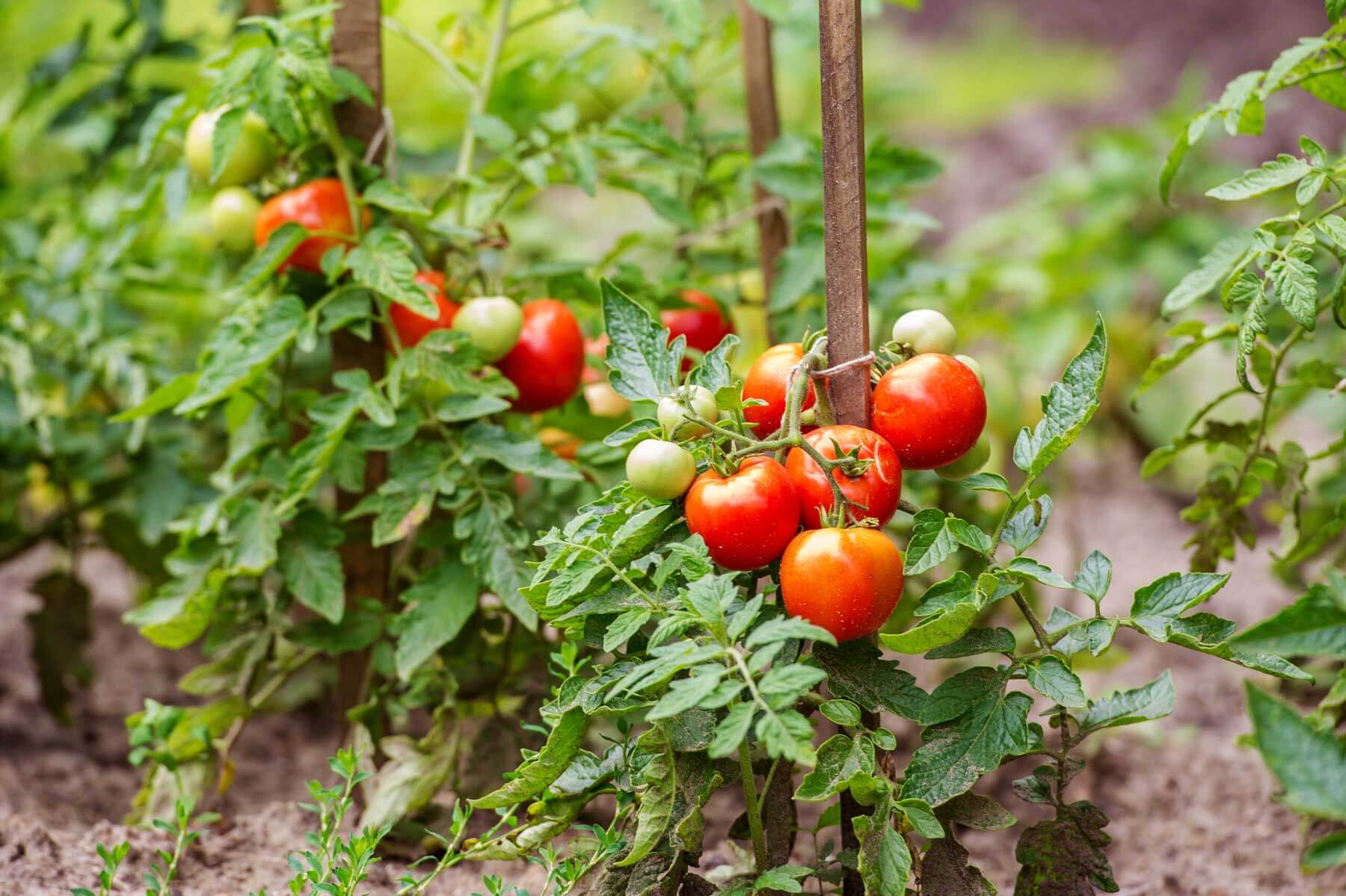
- Peppers: Peppers are another popular summer vegetable that comes in a variety of colors and heat levels. They are also relatively easy to grow, but they do need full sun and well-drained soil. Peppers can be eaten fresh, cooked, or pickled.
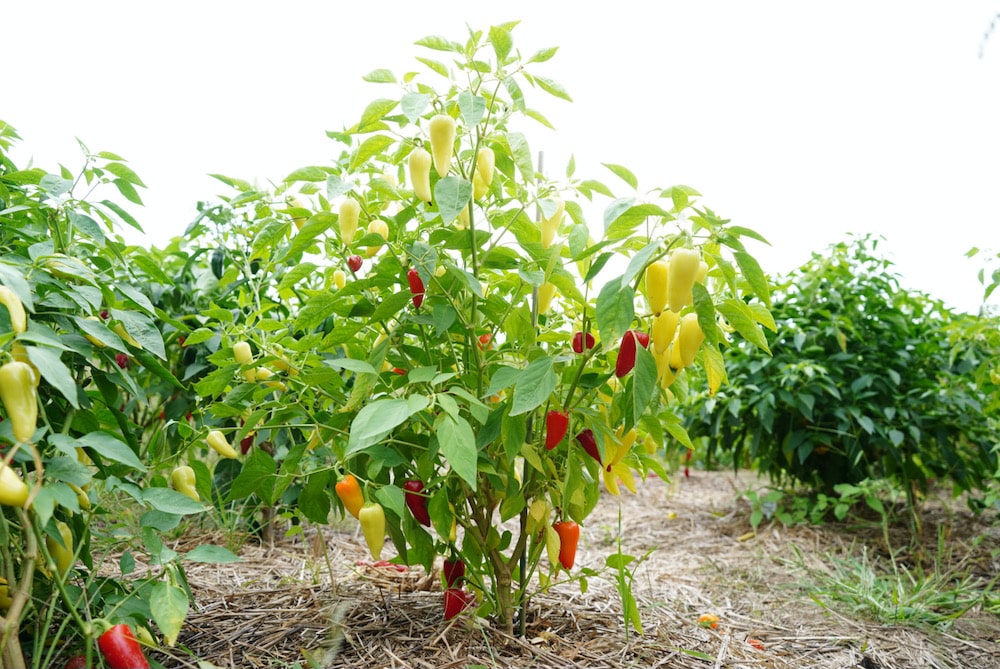
- Zucchini: Zucchini is a fast-growing summer squash that is perfect for small gardens. It is relatively easy to grow, and it does not need a lot of space. Zucchini can be eaten raw, cooked, or used in baked goods.

- Cucumbers: Cucumbers are another fast-growing summer squash that is perfect for salads and sandwiches. They are relatively easy to grow, but they do need full sun and well-drained soil. Cucumbers can also be pickled or used in stir-fries.

- Beans: Beans are a versatile summer vegetable that can be eaten fresh, cooked, or dried. They are relatively easy to grow, and they do not need a lot of space. Beans can be planted in the spring or summer, and they will provide you with a continuous harvest for several weeks.
- Corn: Corn is a warm-season crop that is perfect for summer gardens. It does need full sun and well-drained soil, but it is relatively easy to grow. Corn can be eaten fresh, cooked, or used in popcorn.

- Melons: Melons are a delicious summer treat that can be grown in many different climates. They do need full sun and well-drained soil, and they may require some additional care, such as staking or trellising. Melons can be eaten fresh, cooked, or frozen.
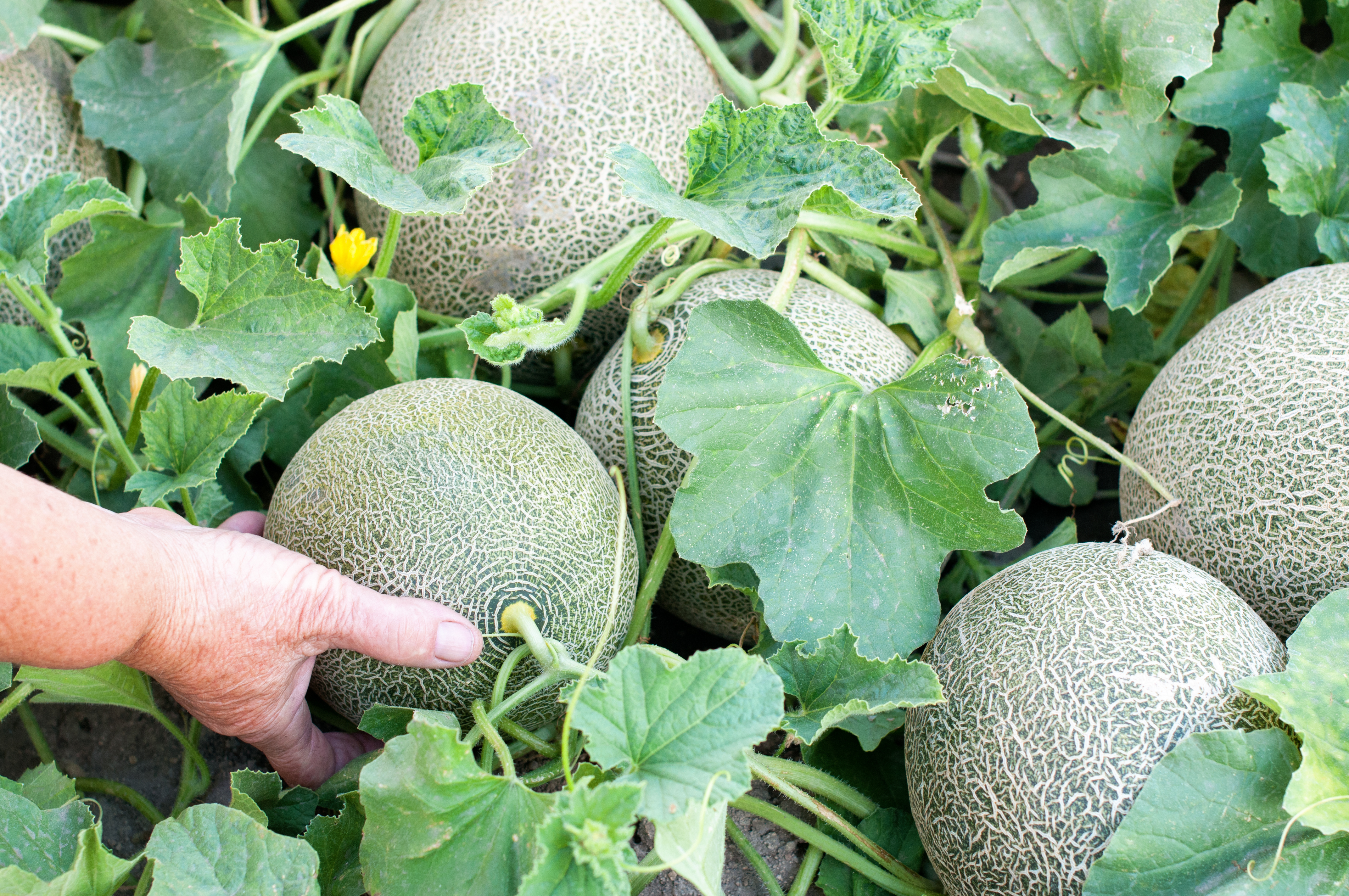
Conclusion:
These are just a few of the many different types of summer seeds that you can plant to enjoy a bountiful harvest. With a little planning and care, you can grow your own fresh vegetables all summer long.
Are you looking for seeds to plant in summer? There are many different types of seeds that can be planted in summer, depending on your climate and growing conditions. Some popular summer seeds include tomatoes, cucumbers, beans, zucchini, squash, melons, peppers, and corn.
If you're not sure what seeds to plant in summer, or if you need more information on how to plant and care for your summer garden, I recommend visiting Home Gardening. This website has a wealth of information on summer gardening, including a list of seeds that are best suited for different climates, planting instructions, and tips on how to care for your summer garden.
FAQ of seeds to plant in summer
- What seeds can be planted in summer?
There are many different seeds that can be planted in summer, depending on your climate and growing conditions. Some popular summer-sowing seeds include:
* Arugula: This leafy green vegetable is heat-tolerant and can be harvested in as little as 30 days.
* Carrots: Carrots can be planted in summer in most climates, but they may need to be watered more frequently in hot weather.
* Beets: Beets are another heat-tolerant vegetable that can be planted in summer. They are also a good source of vitamins and minerals.
* Cucumbers: Cucumbers are a popular summer crop that can be grown in most climates. They need full sun and moist soil.
* Melons: Melons are a warm-season crop that needs full sun and well-drained soil. They can be planted in late spring or early summer.
* Peas: Peas are a cool-season crop, but they can also be planted in summer in some climates. They need full sun and moist soil.
* Pumpkins: Pumpkins are a large, heavy-feeding plant that needs full sun and well-drained soil. They can be planted in late spring or early summer.
* Squash: Squash is another large, heavy-feeding plant that needs full sun and well-drained soil. It can be planted in late spring or early summer.
* Sweet potatoes: Sweet potatoes are a warm-season crop that needs full sun and well-drained soil. They can be planted in late spring or early summer.
- When should I plant seeds in summer?
The best time to plant seeds in summer will vary depending on your climate and growing conditions. In general, you should wait until the soil has warmed up to at least 60 degrees Fahrenheit before planting seeds. If you live in a hot climate, you may need to plant seeds in the morning or evening to avoid the hottest part of the day.
- How deep should I plant seeds in summer?
The depth at which you plant seeds will depend on the size of the seed. In general, you should plant seeds about twice as deep as the seed is wide. For example, if you are planting a pea seed, which is about 1/4 inch wide, you should plant it about 1/2 inch deep.
- How much water do seeds need in summer?
Seeds need regular watering, especially in hot weather. Water the soil thoroughly when you plant the seeds, and then water them again every day or two until they germinate. Once the seedlings have emerged, you can water them less frequently, but you should still keep the soil moist.
- What are some tips for growing seeds in summer?
Here are a few tips for growing seeds in summer:
* Choose seeds that are suited to your climate and growing conditions.
* Plant seeds in well-drained soil.
* Water seeds regularly, especially in hot weather.
* Fertilize plants as needed.
* Protect plants from pests and diseases.
* Harvest plants when they are ripe.
Image of seeds to plant in summer
- Arugula seeds: Arugula is a fast-growing leafy green that can be harvested in as little as 3 weeks. It is a cool-season crop, but it can also be grown in summer in cooler climates. Arugula seeds are small and black, and they should be planted about ¼ inch deep and 1 inch apart.

- Bean seeds: Beans are a warm-season crop that can be planted in summer once the soil has warmed to at least 60 degrees Fahrenheit. There are many different types of beans, including bush beans, pole beans, and snap beans. Bush beans are shorter and produce more beans in a shorter amount of time, while pole beans are taller and require a trellis or support. Snap beans are eaten when they are young and tender.

- Cucumber seeds: Cucumbers are another warm-season crop that can be planted in summer. They grow best in full sun and well-drained soil. Cucumber seeds should be planted about 1 inch deep and 12 inches apart.
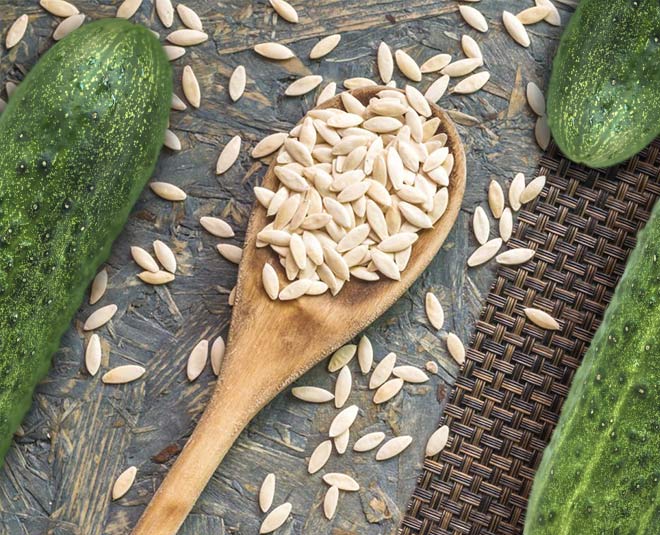
- Kale seeds: Kale is a hardy leafy green that can be grown in both cool and warm weather. It is a good choice for summer gardens because it can tolerate heat and humidity. Kale seeds should be planted about ¼ inch deep and 1 inch apart.
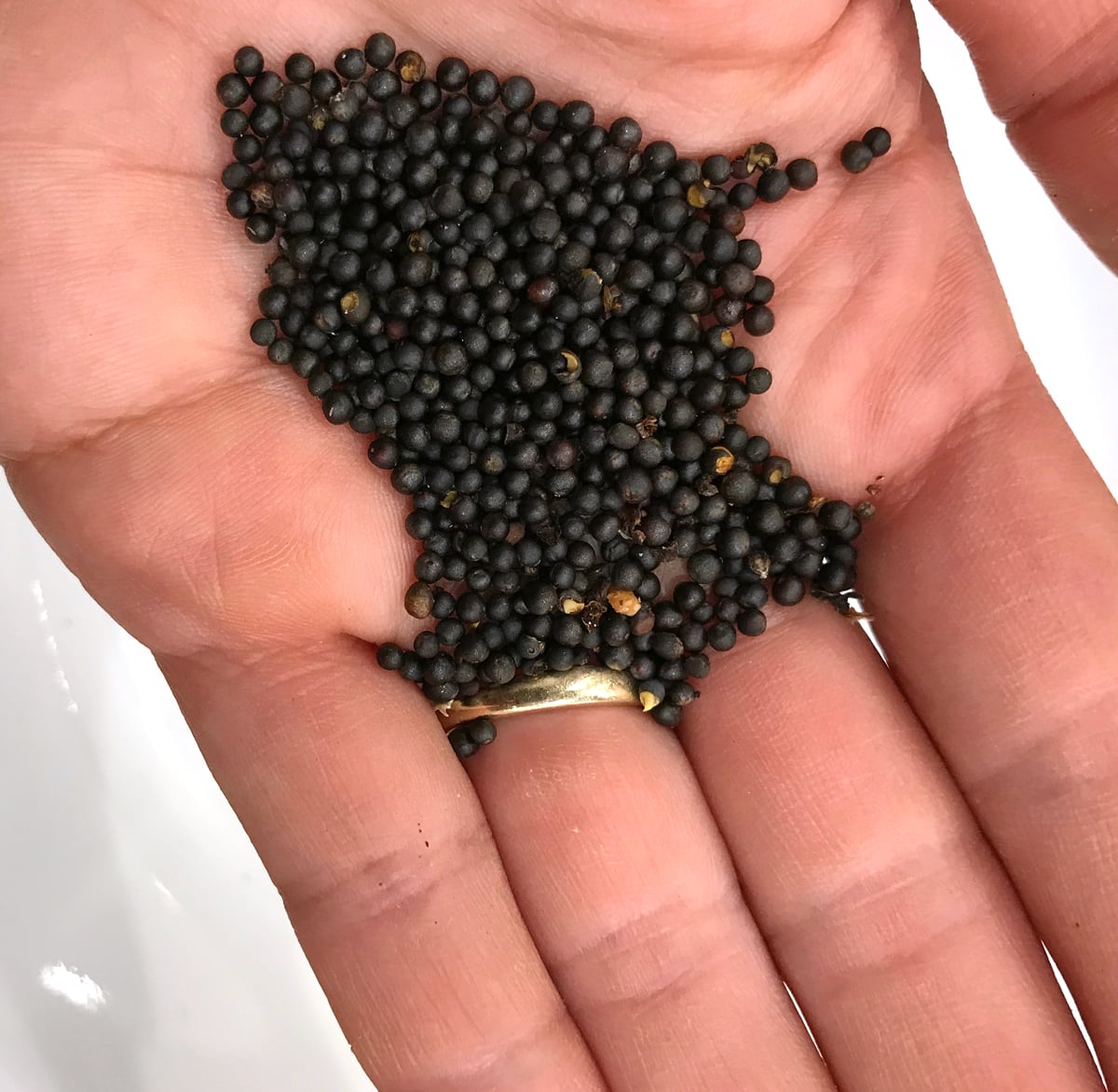
- Lettuce seeds: Lettuce is a cool-season crop, but some varieties can be grown in summer in cooler climates. Lettuce seeds should be planted about ¼ inch deep and 1 inch apart.

- Melons: Melons are a warm-season crop that requires full sun and well-drained soil. They take several weeks to mature, so it is important to start the seeds indoors about 4 weeks before the last frost date. Melon seeds should be planted about 1 inch deep and 2 inches apart.
- Okra seeds: Okra is a warm-season crop that can be planted in summer. It grows best in full sun and well-drained soil. Okra seeds should be planted about 1 inch deep and 6 inches apart.
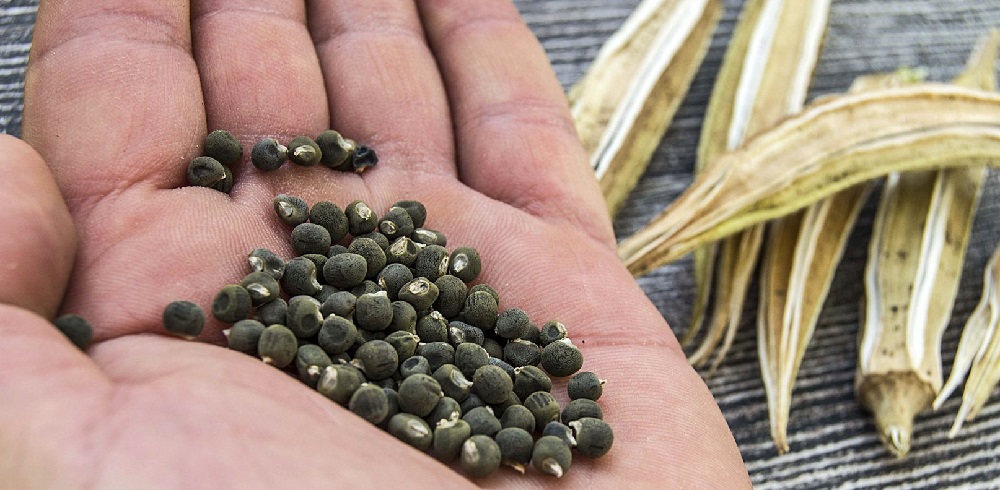
- Peas: Peas are a cool-season crop, but some varieties can be grown in summer in cooler climates. Peas are a good source of protein and fiber. They can be eaten fresh, frozen, or canned. Pea seeds should be planted about 1 inch deep and 2 inches apart.
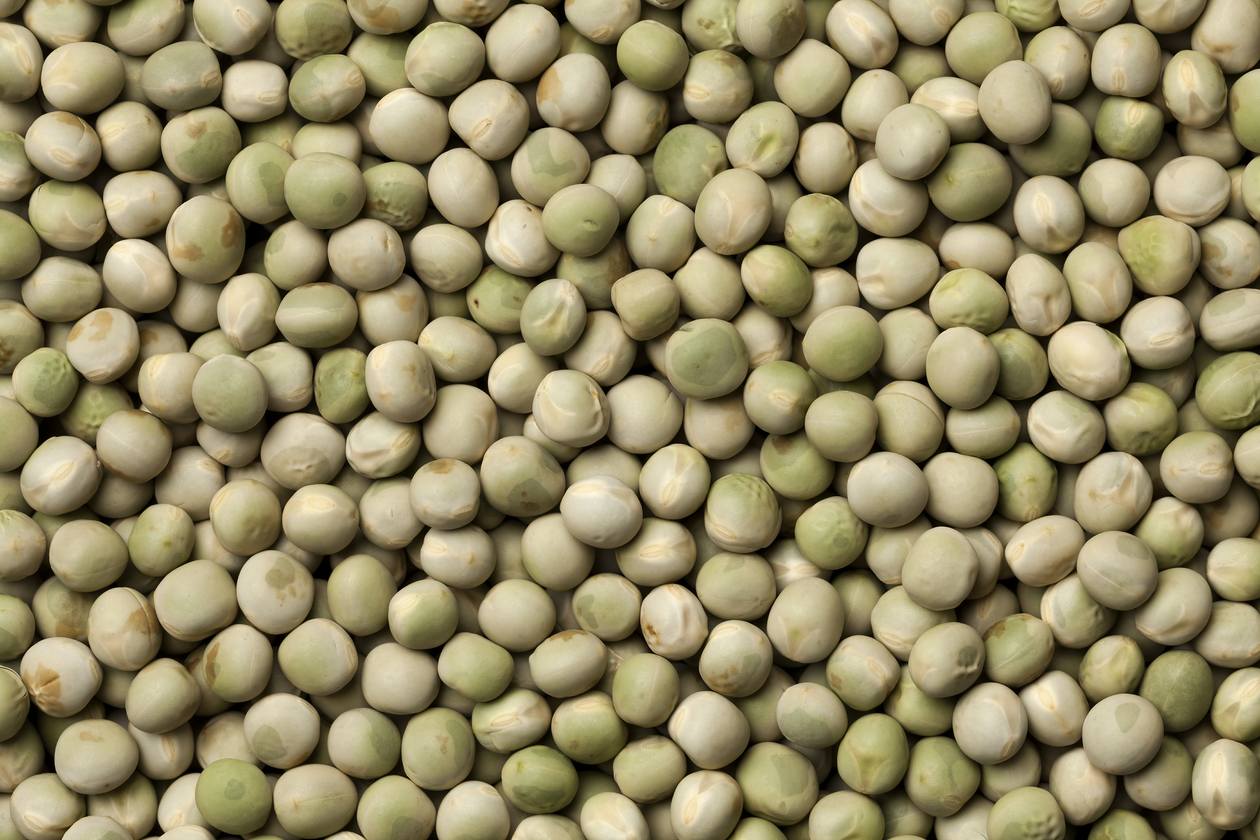
- Spinach seeds: Spinach is a cool-season crop, but it can also be grown in summer in cooler climates. Spinach is a good source of vitamins A and C. It can be eaten fresh, cooked, or frozen. Spinach seeds should be planted about ¼ inch deep and 1 inch apart.

Post a Comment for " Best Summer Seeds To Plant For A Bountiful Harvest"